“You cannot control your own population by force, but it can be distracted by consumption.” – Noam Chomsky
I. Understanding the Quote
Noam Chomsky’s observation cuts to the heart of modern societal manipulation. He suggests that direct oppression is no longer necessary when people are too distracted to notice they are being controlled. Today’s mechanisms of control rely less on brute force and more on engineered desires, consumer habits, and an environment of endless entertainment and materialism.
II. The Age of Distraction: Pleasure Over Principle
Modern society, especially in consumer-based economies, has become centered on:
- Pleasure (constant pursuit of comfort, leisure, dopamine hits)
- Idols (celebrity culture, status symbols, and manufactured influencers)
- Materialism (accumulation of goods as identity and success)
These distractions are intentionally propagated to keep the population pacified while real power structures consolidate control behind the scenes.
III. From the Sword to the Screen: Historical Shift in Control
| Era | Method of Control | Purpose |
|---|---|---|
| Ancient Empires | Force, military conquest | Submission through power |
| Medieval Feudalism | Religion, land ownership | Obedience through divine authority |
| Early Industrial Age | Factory labor, debt bondage | Productivity and containment |
| Modern Capitalist Society | Distraction through consumption | Passive consent to elite governance |
The result: people are governed not by fear, but by seduction.
IV. The Shift of Empires: Britain → US → China
The movement of elite influence is not accidental, but a coordinated relocation of wealth and control:
- Britain (1600s–1800s): Colonial mercantilism, banking control
- United States (1900s–2020s): Military-industrial complex, corporate capitalism
- China (2020s–2050s?): Digital authoritarianism, centralized economic control
Each “host empire” is drained of its moral and financial capital before being replaced—like a global shell game—while elites remain intact and mobile.
V. Tools of Mass Distraction
- Consumerism – Advertising promotes endless needs that never truly satisfy.
- Social Media – Engineered algorithms prioritize triviality over truth.
- Entertainment Overload – Sports, streaming, celebrity scandals over substance.
- Debt and Financial Slavery – People too economically stressed to protest.
- Hyper-Individualism – Encourages disunity and weakens community resistance.
VI. The Spiritual Parallel: Idolatry in the Modern Age
As Christ warned, “You cannot serve both God and Mammon.”
Consumption becomes a new religion:
- Temples: Shopping malls and online marketplaces
- Sacrifices: Time, attention, and spiritual purpose
- Priests: Influencers and billionaires
- Scriptures: Marketing slogans and self-help platitudes
This culture numbs the spirit and hollows the soul—making resistance to tyranny unlikely.
VII. Bridging the Gap: Solutions for Awake Citizens
- Educate yourself: Study history, philosophy, and the motives of empire.
- Limit consumption: Practice minimalism, slow living, and local commerce.
- Break the idols: Choose principle over popularity and integrity over indulgence.
- Build community: Engage in grassroots groups and local networks.
- Cultivate inner life: Focus on moral, spiritual, and intellectual growth.
Conclusion: The War Is Not Loud—It’s Silent
The war being waged on free humanity is not waged with bombs, but with branding. The greatest threat to liberty is not censorship, but distraction. If we continue to trade our freedom for comfort, our birthright for convenience, we will wake up enslaved not by chains, but by choices.
And all while the oligarchs simply move the game board.

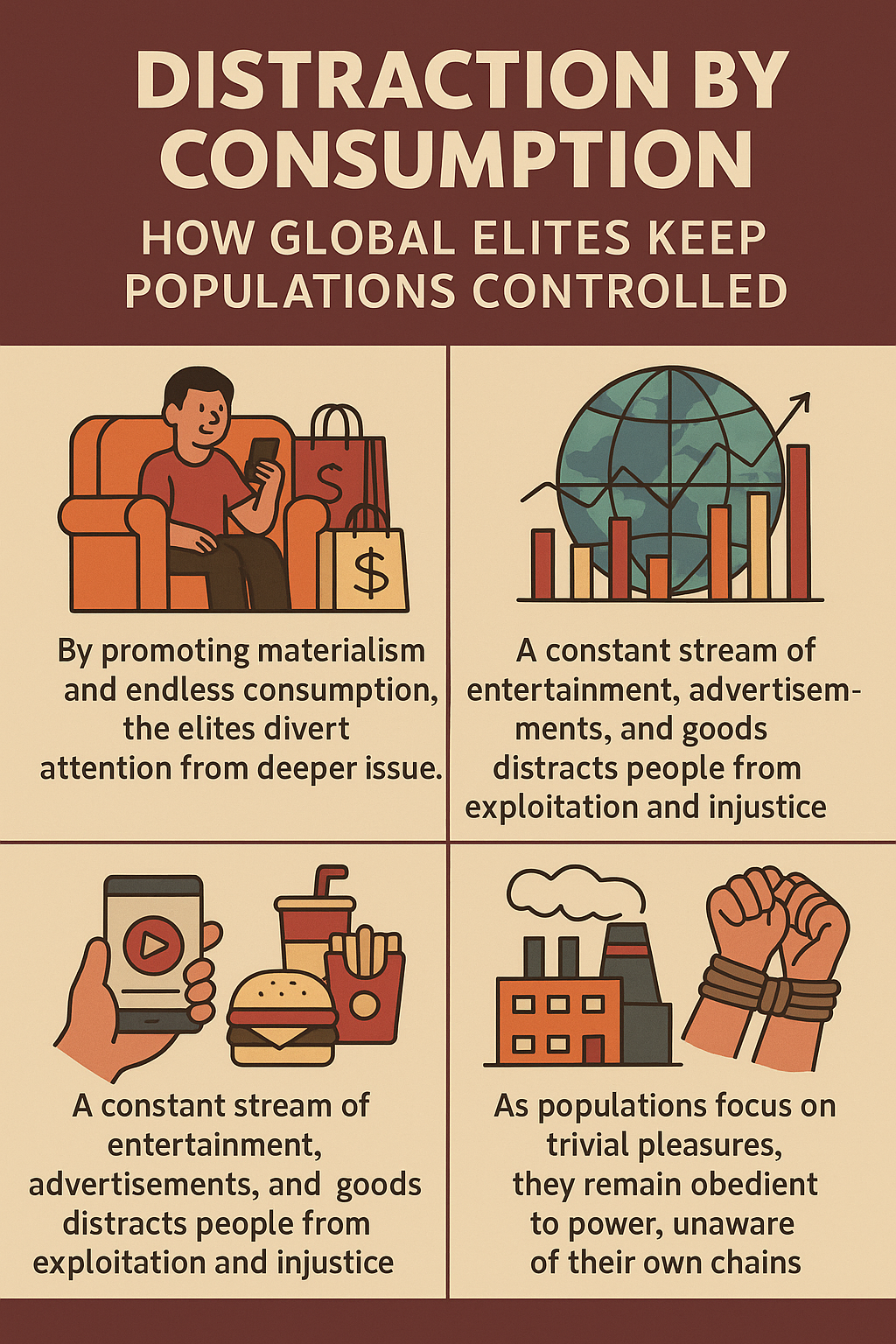


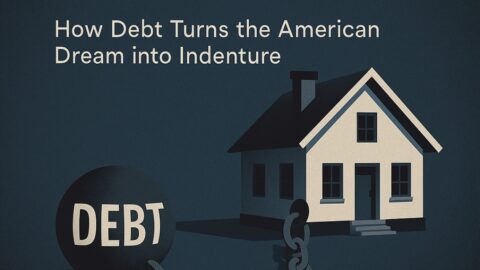
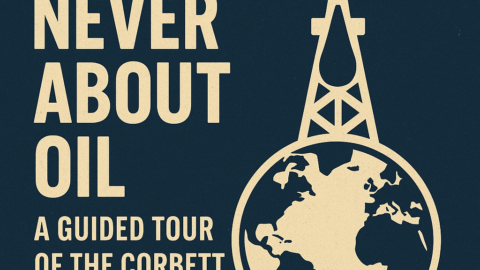
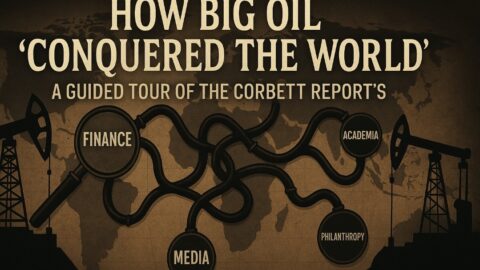
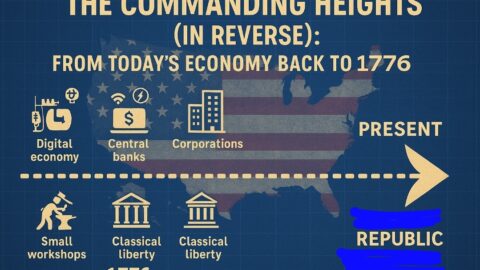
2 Responses
Thank you!
I request the group referred to here be called rightly: Global Pedo-Elites. That is the ONLY way they have maintained such control, by exploiting, raping and eating children. This should be included in their name.